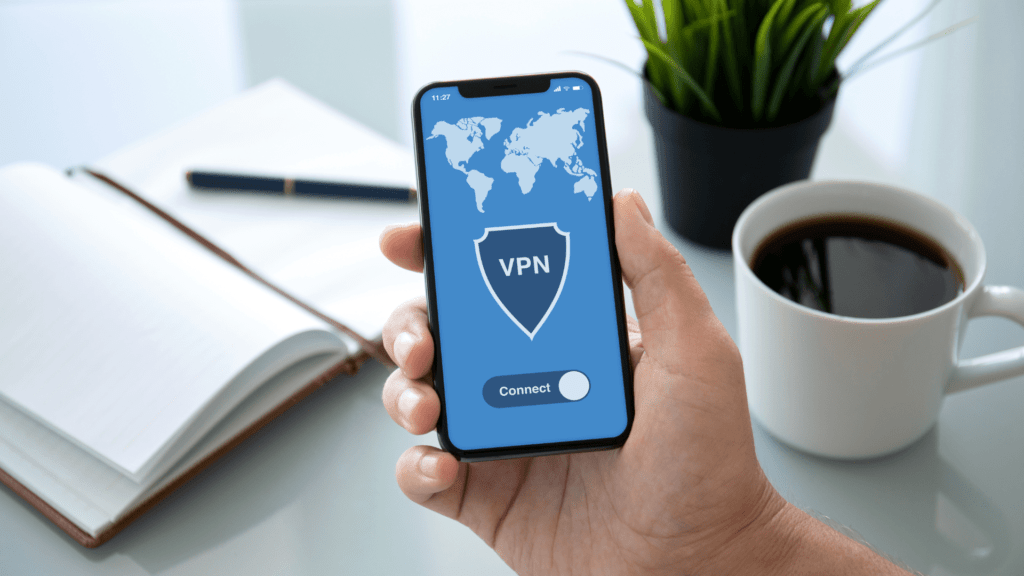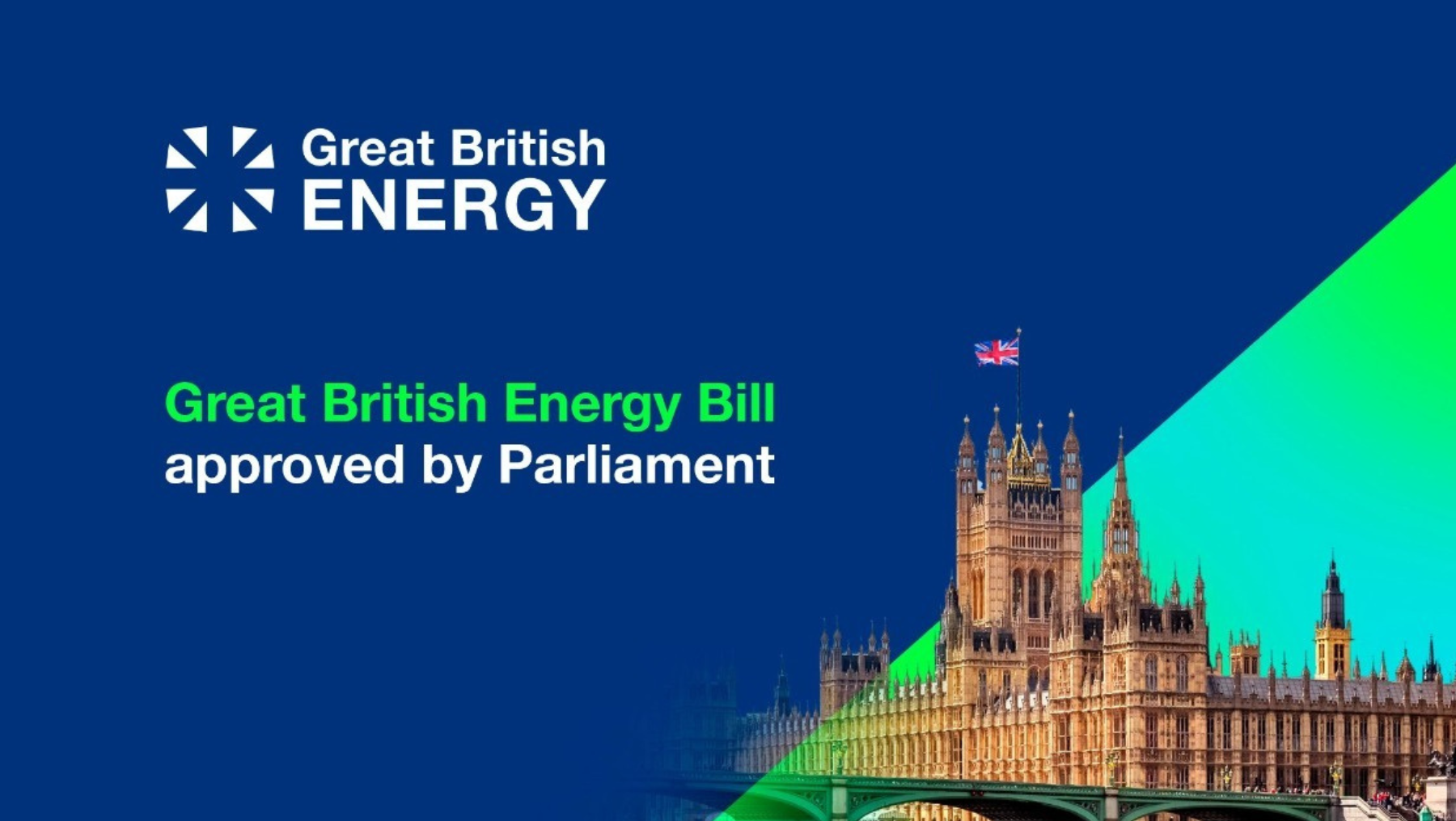In today’s digital age, protecting your online privacy and security is more important than ever. One tool that can help you do this is a virtual private network (VPN). A VPN encrypts your internet connection, making it more difficult for hackers and other third parties to intercept your data. In this post, we’ll explore the benefits of using a VPN for secure browsing, as well as some important considerations to keep in mind.
Benefits of using a VPN
-
Enhanced privacy: When you use a VPN, your internet service provider (ISP) can’t see what you’re doing online. This means that they can’t track your browsing history or sell your data to advertisers.
-
Improved security: A VPN encrypts your internet connection, making it more difficult for hackers to intercept your data. This is especially important when using public Wi-Fi, which is often unsecured and vulnerable to attacks.
-
Access to geo-restricted content: Some websites and services are only available in certain countries. A VPN can help you access this content by routing your internet connection through a server in the desired location.
-
Avoiding censorship: In some countries, the government censors certain websites and online content. A VPN can help you bypass these restrictions and access the information you need.
Important considerations when using a VPN
While using a VPN can provide many benefits, there are also some important considerations to keep in mind. Here are a few things to think about:
-
Choose a reputable provider: Not all VPNs are created equal. Be sure to do your research and choose a reputable provider with a strong track record of protecting user privacy and security.
-
Be aware of the impact on speed: Because a VPN routes your internet connection through an additional server, it can sometimes slow down your connection. This is especially true if the server is located far away from your physical location.
-
Use other security measures: While a VPN can help protect your data from interception by third parties, it’s important to use other security measures as well. For example, be sure to use strong passwords, keep your software up to date, and be cautious when clicking on links or downloading files.
There are four main types of Virtual Private Networks (VPNs) available: personal VPNs, remote access VPNs, mobile VPNs, and site-to-site VPNs.
- Personal VPNs are used to create secure and private connections to the open internet, as well as for bypassing firewalls and geographic internet restrictions.
- Remote access VPNs enable employees to access their company’s private network when traveling or working from home.
- Mobile VPNs are used when the employee doesn’t have a consistent or stable internet connection.
- Site-to-site VPNs are used when there are multiple sites or multiple companies trying to connect to a single private network.
Each type of VPN has its own specific use cases and can provide different benefits depending on your needs.
In conclusion, using a VPN can provide many benefits for secure browsing, but it’s important to keep these considerations in mind as well. By choosing a reputable provider and being mindful of online threats, you can help protect your privacy and security while browsing the internet.
The UK’s traditional phone network, the Public Switched Telephone Network (PSTN Switch-Off), is being retired. By January 2027, it will be permanently switched off.
Ransomware remains the UK’s most serious cyber threat. In July 2025, the Home Office set out proposals to ban ransom payments for public-sector bodies
The UK’s data protection rules are changing again Post-Brexit. With the Data (Use and Access) Act 2025 (DUAA) now law, businesses face new obligations
Why Now? Windows 10 is approaching End of Life Microsoft will retire Windows 10 on 14 October 2025, ending free security and feature updates. The
Why should technology leaders care about energy legislation? The UK’s journey toward energy independence and net zero is now inseparable from the nation’s digital
In July 2025, the UK government unveiled a ground-breaking package of measures aimed at disrupting the ransomware economy and protecting vital services. These moves
For all businesses, agility and innovation are essential for staying competitive. But what happens when employees act faster than your IT policy can keep
Artificial Intelligence (AI) is transforming industries by improving efficiency and decision-making. However, cybercriminals are also harnessing AI to create more sophisticated and targeted cyber
For many growing businesses, having access to board-level IT leadership can make the difference between simply maintaining systems and using technology as a driver
In sectors where client trust is everything legal, accountancy, financial services the cost of a cyber breach goes far beyond lost data. It strikes


















